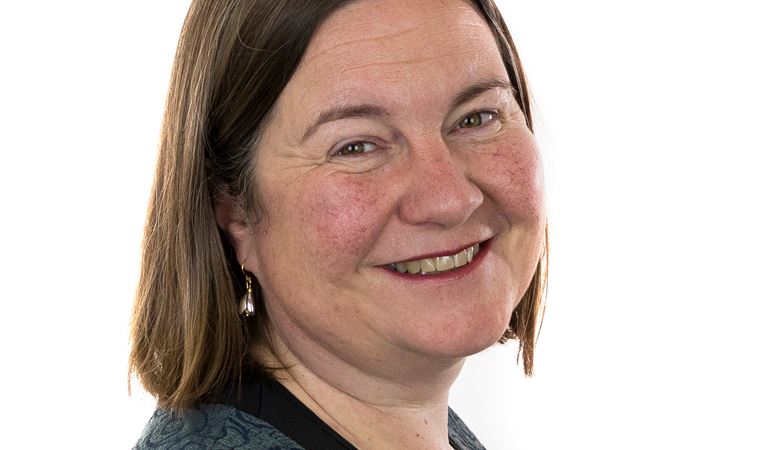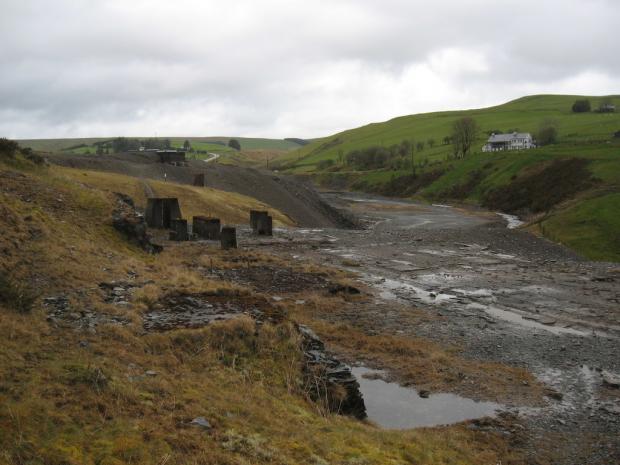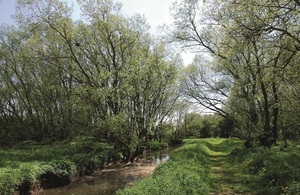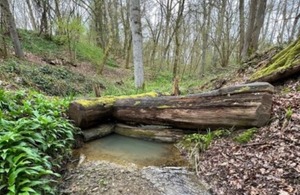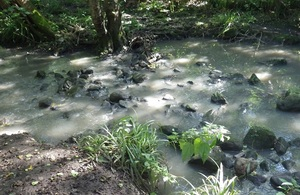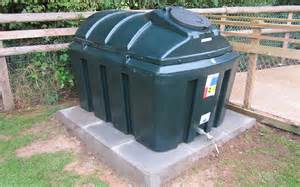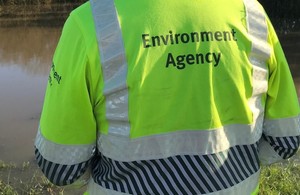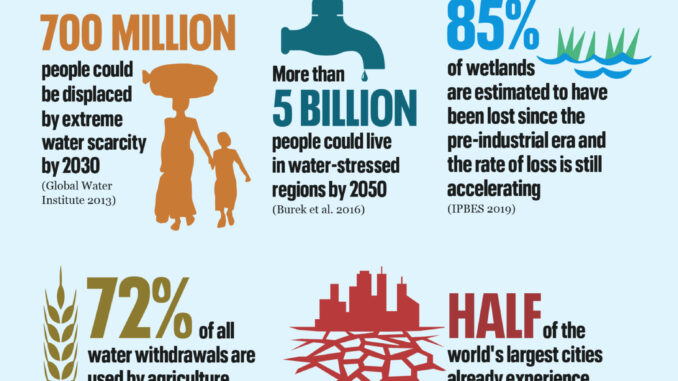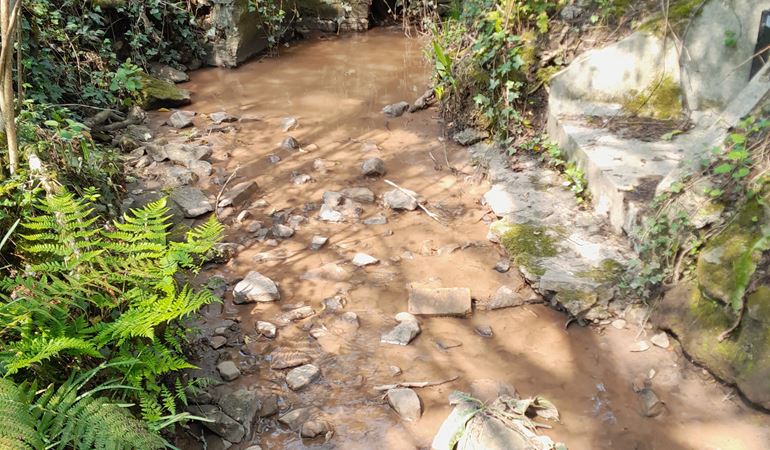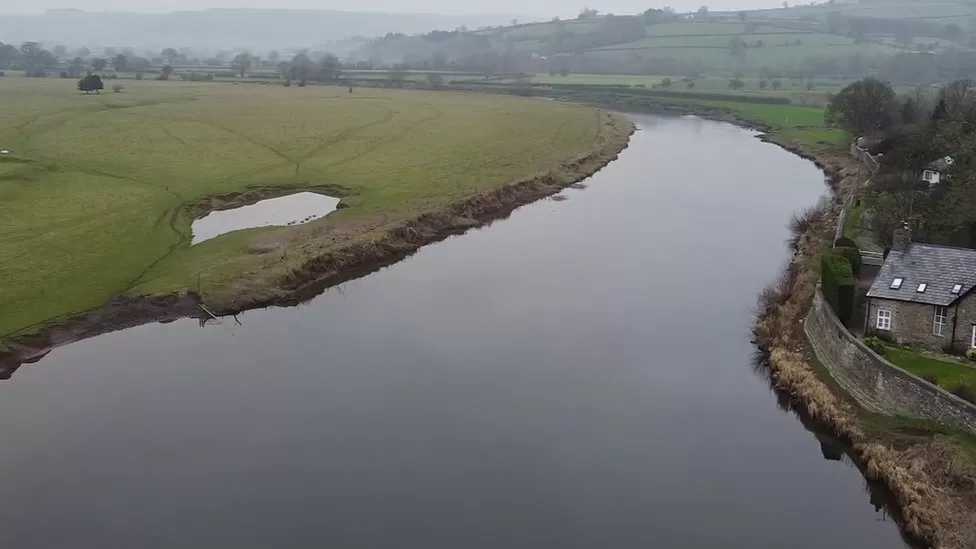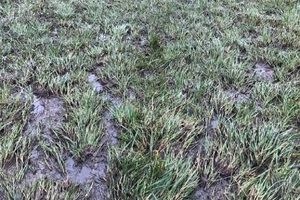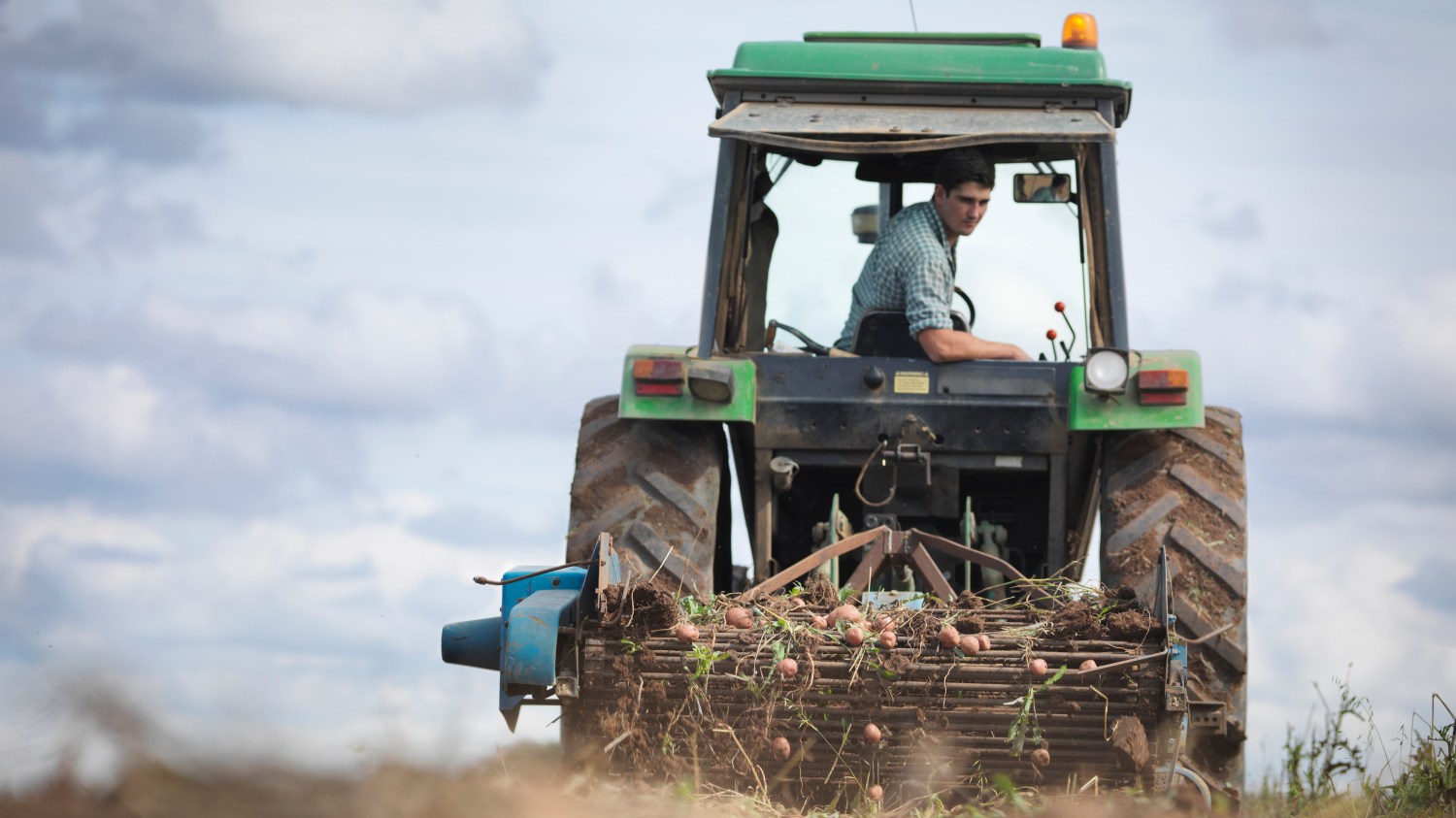At the beginning of a new year, I reflect on our work of protecting and conserving the most precious and extraordinary Welsh environment, and how the decisions we make today will leave a legacy for future generations.
Modern life places immense strain on our environment. And nowhere is this more evident than in our rivers – the lifeblood of Wales.
Public interest in the state of our waters is intensifying – and rightly so. Voices across every part of society are resolute that the status quo is not good enough. And we agree.
As an organisation of environmental specialists, that interest has not only provided us with an opportunity to highlight the importance of one of our greatest assets, but also brought with it an unparalleled scrutiny of our work to regulate the water industry.
There are calls for more prosecutions for those who pollute our rivers, as well as calls for higher fines and accusations that we are not pursuing this enough.
As Chief Executive of Natural Resources Wales, I absolutely agree that water quality is not as good as we want and need it to be. I believe that prosecution has its place in punishing and deterring the most serious, deliberate harm to our environment. But I also firmly believe that prosecution isn’t the only answer and isn’t always the best enforcement tool for the environment.
We have a wide range of tools in our enforcement toolbox. The choice of tool hinges on factors such as the evidence of the gravity of the impact on the environment and nature of the offence, coupled with the willingness of the offender to comply with regulatory requirements.
For offences that are minor, our focus may be on education, and we may find greater efficacy in providing advice and guidance. The aim is to prevent the same thing happening again. By using more informal arrangements we aim to inspire proactive steps from companies and individuals in addressing the environmental impact of their actions. Also, these improvement actions can be delivered more quickly.
We are fully committed to taking court action when this is the right enforcement response. During 2022, we recorded 66 successful prosecutions against companies and individuals for a range of environmental offences relating to waste, fisheries, and water pollution.
To ensure that when we take action it is successful, we follow stringent processes. We have to be proportionate and test that our actions are in the public interest. If the final action involves prosecution through the courts, as is the case for all criminal offences, there is a delay between the offence happening and the final court hearing and decision.
We must also bear in mind that the fines levied by the courts, whilst a great deterrent, do not go to fund environmental improvement, they go to the UK treasury, meaning that money is in effect taken out of the environment whilst the pollution issues remain.
Like all public bodies, our resources are finite. We must make informed decisions about how and where to focus our efforts. We will always prioritise actions which will have the best outcome for the environment. We must learn from what has worked well, but also from where a different approach could yield more effective results.
Sometimes that means investing more effort in proactive measures. One initiative that may be able to provide a blueprint for how we work will be the Teifi demonstrator project – where we will explore new and novel ways of working, seeking innovative environmental solutions by working together with both public and private organisations, communities and third sector organisations.
And sometimes it means increasing and strengthening our regulatory activities. Ensuring those we regulate understand and take ownership and responsibility for complying with regulations and their permits, which is key to maintaining and improving water quality in our rivers.
We do not shy away when action is necessary. For instance, we’ve tightened our regulation of the 2,300 water company storm overflows in Wales. New guidance and permitting is now pressing water companies to reduce the use of storm overflows, prioritising those which may be causing the most environmental harm first and addressing that impact through improvement. This means that there is long term planning and management of assets to maintain environmental protection and requiring improvements in environmental performance.
We are increasing investment in frontline compliance both in terms of “boots on the ground” through the new agricultural pollution teams, setting up a new water compliance unit and by demonstrating a commitment to using technological advancements for effective remote monitoring.
As our greatest asset, it is vital our staff are equipped with the skills needed for emerging environmental threats and modern regulatory and monitoring techniques.
In our pursuit of progressive and faster regulation, we are actively seeking additional powers to consider civil sanctions for a broader range of environmental offences – this is where an offender will pay an agreed amount towards environmental improvement in a community.
Civil sanctions such as Enforcement Undertakings, in the right circumstances, can offer a viable alternative to prosecution depending on the offence committed and the environmental impact. One such case involved DoPower, responsible for polluting the Afon Tristion, who paid £9,000 towards fish habitat improvement work, also avoiding lengthy and costly court proceedings.
We have a robust enforcement and sanctions policy which allows us to adopt a flexible approach to regulation which encourages compliance, deters offending and delivers proportionate enforcement.
I understand why many see prosecution as the way to end pollution, but like all other regulating bodies, we have to make a judgement on when it is used and how best to use it, as in itself, it does not remedy harm done or provide a better environment. Using our regulatory powers, our evidence, our advice and advocating for change we must strive towards a place where pollution is prevented from happening in the first place, where industries prioritise their environmental responsibilities, and where nature and people thrive together.
Source: National Resources Wales 31st Jan 2024

